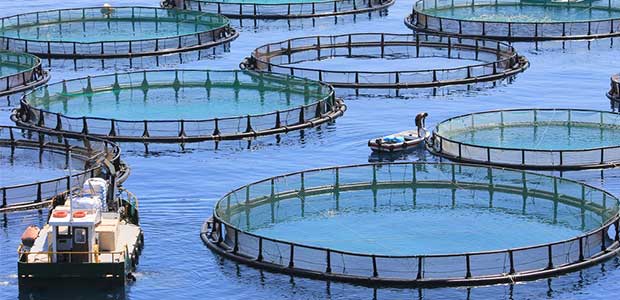
The seafood industry relies on one of the world's biggest and most important ecosystems: the ocean. Here are ways the fishing industry is being pressed to operate more sustainably.

Energy consultants can help you make sustainable, eco-friendly decisions for your company. Here's what you should consider when hiring an energy consultant for your business.

Plastic Free July can be an effective way to start your sustainable journey. Follow these four steps.

Arctic fires are not necessarily uncommon, but recent fires up north last month are unlike previous blazes; intense arctic wildfires in June not only released record amounts of pollutants into the air, but it also pushed global temperatures dangerously higher.
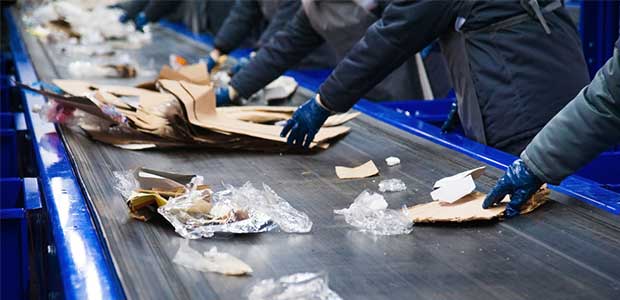
COVID-19 has disrupted companies of all types worldwide. Despite hard times, however, there are steps you can take to stabilize your operation.
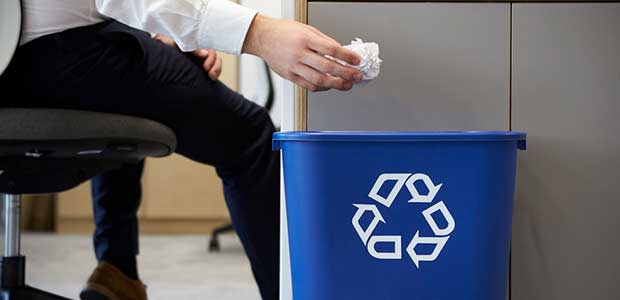
A new bill in the House of Representatives may change how people use plastics. If implemented, it could mean some changes for you and your company.
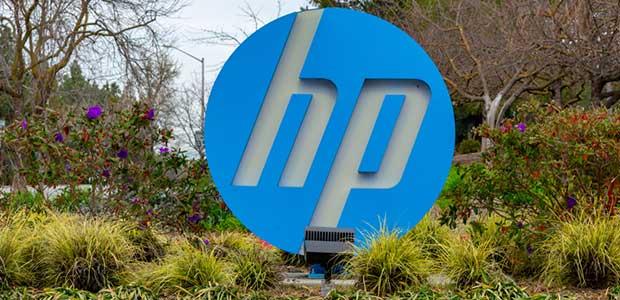
The company’s annual report is a thorough and encompassing analysis of its progress and goals for environmental and social change around the world. With new announcements, familiar commitments and impressive goals, HP’s 2019 Sustainable Impact report is surely a business model you want to check out.

Every year, June 22 is recognized as World Rainforest Day: a day committed to raising awareness about our world’s largest source of oxygen—and one of the Earth’s most important types of ecosystems. This year, 45 major businesses decided to recognize it together by reevaluating their supply chains.
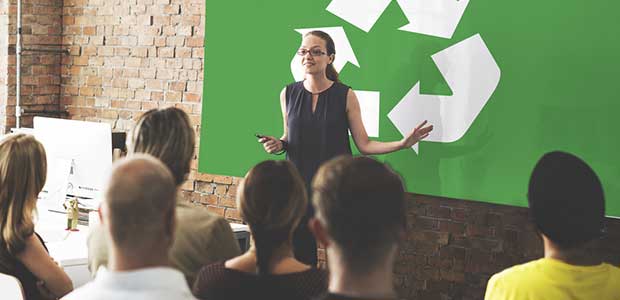
If you want to help your business be greener and more eco-friendly, you’re not alone. Here are some manageable steps you can take to reach your goals for environmental responsibility—and cut costs in the process.

The shutdown of major league sports teams and seasons during the COVID-19 pandemic has left sports fans across the U.S. sad. However, a recent study on the National Hockey League (NHL) shows the pandemic’s impact on sports, the environment and the leaders of the industry overall.
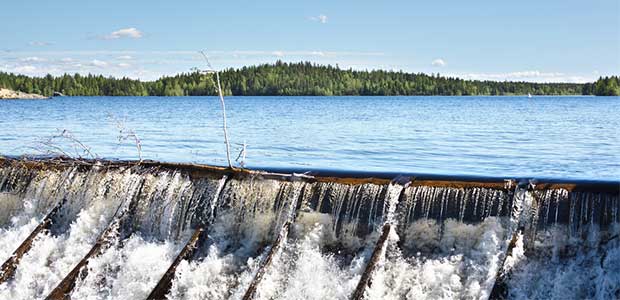
Everyone needs water--but water consumption is not always proportionately distributed. Here's a deep dive into how larger companies use water, and how they can consume better.
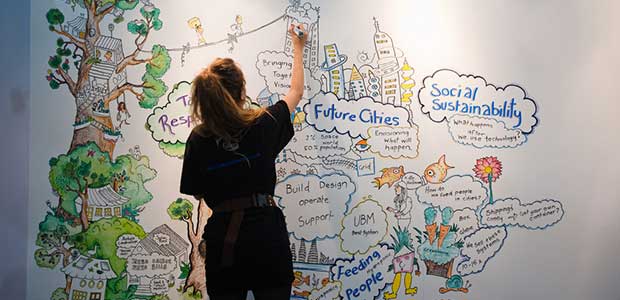
Businesses have a responsibility to consider to environment--for the sake of the earth and consumers. That responsibility does not disappear during a pandemic, as climate change, resource scarcity, and many other challenges do not shelter in place along with us.

Water efficiency is just as much about improved technologies as it is changing consumers' behavior. One study shows how a little consumer nudge goes a long way--even on a city-wide scale.

For many policymakers, efforts to reopen the economy overlap with the need for green initiatives. As various regions prepare for the bumpy road ahead, the focus on green living and environmental protection has never been more crucial.
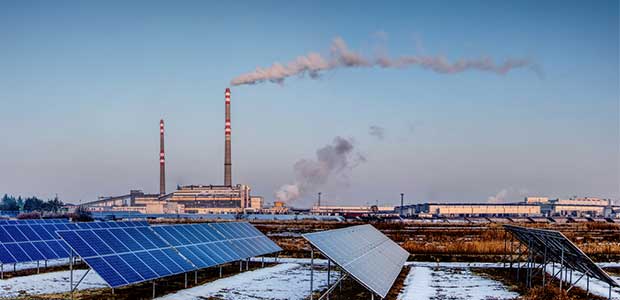
The coronavirus pandemic has caused hardships on many industries—the fossil fuel and clean energy industries alike. However, this is the first time in history that renewable energy use is expected to eclipse coal reliance in the U.S., and its effects on climate change are big.
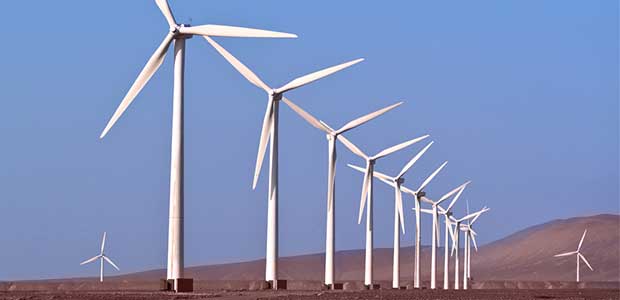
A report from the American Wind Energy Association (AWEA) reports that the first quarter of this year has been very promising for the wind energy industry. However, the coronavirus is casting a shadow over the sector.

For the New York Times’ last climate change event, The Greenhouse spoke with two chefs on how to utilize basic ingredients for sustainable cooking in individual and restaurant business settings alike.
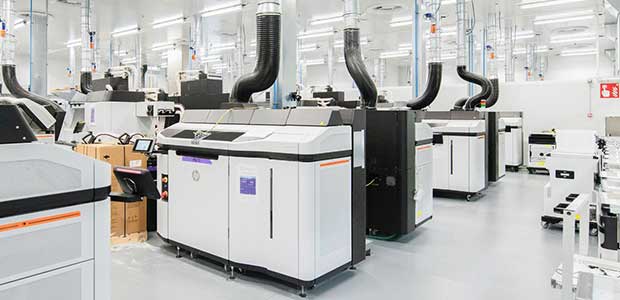
This Earth Day, HP Printing is celebrating by talking about the benefits of 3D printing technology, and what that could mean for an individual, a business and the future of the earth.
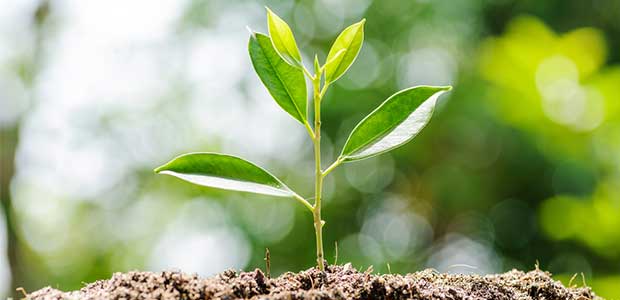
Since its birth in 1970, Earth Day has become a worldwide movement to garner more attention for the environment, its resources and its species. While the movement has evolved over the years, its ultimate call to action has only gotten louder.

Just because you are at home, cooking more and testing your boredom does not mean you should forget about your carbon footprint reduction checklist. Here are the New York Times’ best at-home, eco-friendly steps that are easy.